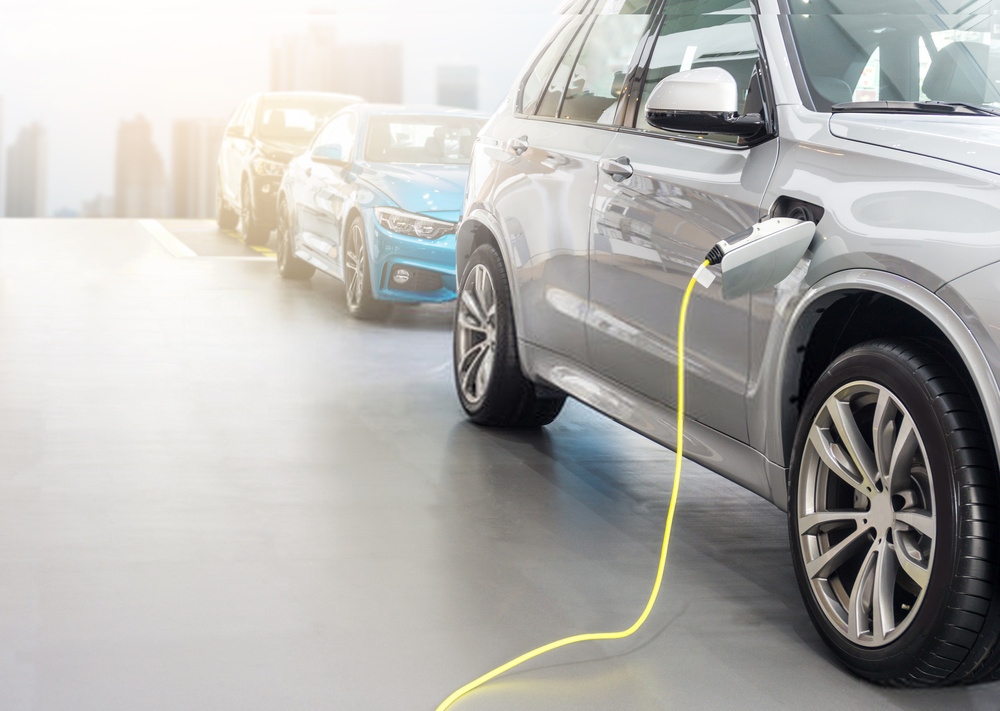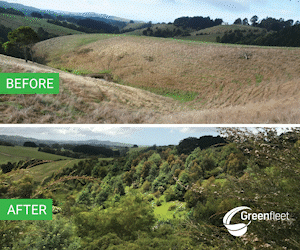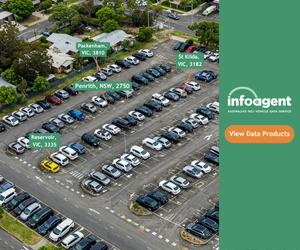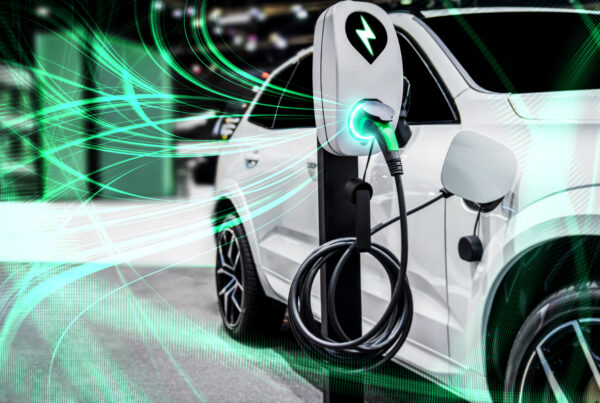The Thai government plans to bolster its local EV industry despite pleas for looser car loans from industry experts. The kingdom’s auto industry leaders are appealing to the Thai government to ask banks to loosen their requirements for car loans.
PLEAS FOR LOOSER LOANS
“We have already discussed the issue with financial institutions, asking them to grant more loans to buyers in the two markets, but have so far seen no sign of improving sales,” said Asadavut Asasappakij, a Thai auto executive, to the Bangkok Post.
Stringent loans are just one of the consequences from Thailand’s high household debt levels. These strict loans deter potential buyers from purchasing a new vehicle, causing the Thai auto market to wane. Both used and new car market will weaken further if these conditions continue.
According to Asasappakij, government intervention is necessary lest local auto sales decline this year. The King of Auto Products Co. CEO expressed concerns that local car sales may only reach 520,000 units this year.
Not only are traditional auto manufacturers pleading to the government, but EV makers as well. The EV sector is requesting the Thai government to sustain current financial incentives such as cuts on import taxes.
EV EFFORTS
Meanwhile, the country’s Board of Investment (BOI) is planning to offer financial incentives to manufacturers to boost its local EV industry. Significantly, the prices of internal combustion engine (ICE) vehicles have dropped significantly, a result of the rising popularity of EVs in Thailand. EV prices are dropping as well, deterring buyers away from secondhand ICE vehicles.
The government projects a goal for 30 per cent of its national vehicle fleet to be electrified by 2030. The goal is to have specifically 725,000 zero-emission vehicles, 675,000 electric motorcycles, and 34,000 EV buses and trucks.
According to Secretary General Narit Therdsteerasukdi, the current industry has 9,600 people employed in total. Most of the workforce is under BYD, with 5,900 workers employed.
According to Narit, the ratio for local parts in Chinese-brand manufactured EVs is at 40:60. Chinese EV makers have vowed to increase local parts content to 90 per cent. Manufacturers have struggled to keep up with government manufacturing requirements to avail of financial incentives.
Still, Thailand remains an auto hub of high potential for EV production.
Was this article informative? Leave us a like to let us know!



















